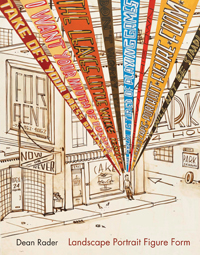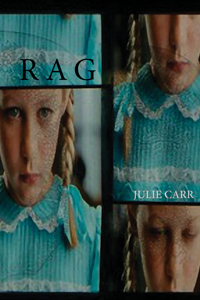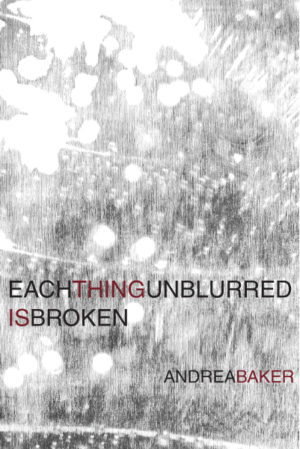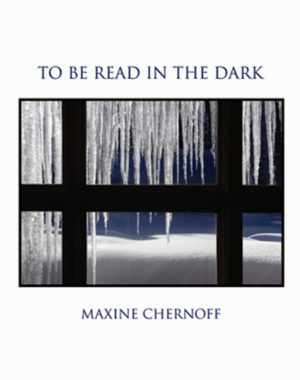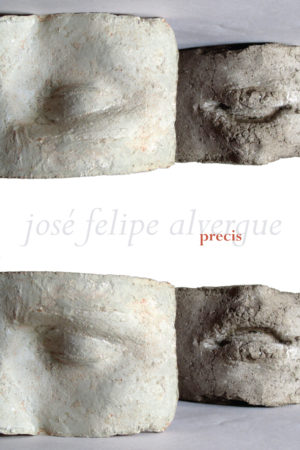Description
A frog and a toad walk into a book of poems. They meet Paul Klee, Heironymus Bosch, Adrienne Rich, Sesshu Toyo, Mark Twain, all of them escorted by Dean Rader. There are adventure poems, landscapes, assassins, self portraits, there are what some might call ‘ideas’ mixed with some very funny moments, and what we might quite seriously call ‘emotions.’
About the Author
Reviews
Excerpt
Dean Rader’s debut collection of poems, Works & Days, won the 2010 T. S. Eliot Poetry Prize, was a finalist for the Bob Bush Memorial First Book Prize, and won the 2010 Writer’s League of Texas Book Award. Recent poems appear in Best American Poetry 2012, Boston Review, TriQuarterly, Ninth Letter, Colorado Review, and Zyzzyva, which is featuring of folio of his poems in their fall 2013 issue. Rader publishes widely in the fields of poetry, American Indian studies, and popular culture. He is chair of the English Department at the University of San Francisco.
Poems selected by Poetry Society of America as winner of George Borgin Memorial Award 2015
… the poems in “Landscape Portrait Figure Form” flirt with the metaphysical – i.e., can talking about art still be art? – while presenting something definite: an experience that comments on the artistic but also delivers it, even guiding the reader along.
The poems in this winsome chapbook begin with a homage to Paul Klee that says, “All art is dedicated to joy.” Indeed, Rader is once ironic and joyful in a way that speaks familiarly and also sounds unlike anyone else. Funny without being mean, smart without talking down to anyone, accessible without being pandering, these poems are full of quixotic and generous sensibility.
[Dean Rader’s] Oklahoma-bred eye is wide and his colorings shimmer. As a title, Landscape Portrait Figure Form gives this chapbook a well met, multi-dimensional implication. Think of many of his poems as theatre sets that go deep, with shadings and surprises that make the senses tingle.
Rader toes the line between comic and serious, inquisitive and entertaining. He reimagines conversations between legendary figures, and one can only think of Italo Calvino’s Invisible Cities when reading “Apocryphal Self Portrait,” which recounts a dream in which Buddha and Mark Twain converse: “the heaviest weight is the lightness of the soul, / he says to the Buddha. Give in to the dark, the Buddha replies, / and you won’t feel the darkness.” “Apocryphal Self Portrait,” like Rader’s other poems, infuses absurdist plot lines with deep emotional resonance.
Throughout this compressed book, Rader openly inspects the American poet and the American nation in their mutual production in a conceptual landscape very different from Whitman’s matrix of soil and soul that produced his own exquisite voice and character.
Rader articulates what we all know but often overlook: that our obsession with the materiality of text and paint—and frequent appraisal of these media as unfit to adequately represent our lives and experiences—resonates deeply with our anxiety about our own physicality, our own finite and incommensurate bodies. Rader reminds us that, as we seek to construct verbally our essentialized self-portraits, we only acquire new, textual bodies, complete with all the earthly encumbrances and stark inadequacies of the old ones. We remain terrified to “wake out of / the wrong body and walk uncovered / into the mistaken world.”
NOT LONG AFTER RICH: A STUDY
The will to be modern is more modern than
the will to be Existence is a locomotive
pushing through a brush fire
in the mountains lost somewhere
between emergence and arrival.
Nothing is more indefinite than redefinition—
task and destruction—the still unbegun work
of repair The undefiled snow on the slope
in winter is not a poem She had
to get down from the blocked
train, her moment stricken eye, like her
tongue aflame. She will dive once more into
the difficult world. It will not be simple It will
take all her thought. If you have burned once you
may still burn again. Raise it up there,
taste what has soared into the air.
You have a brutal thing to do

